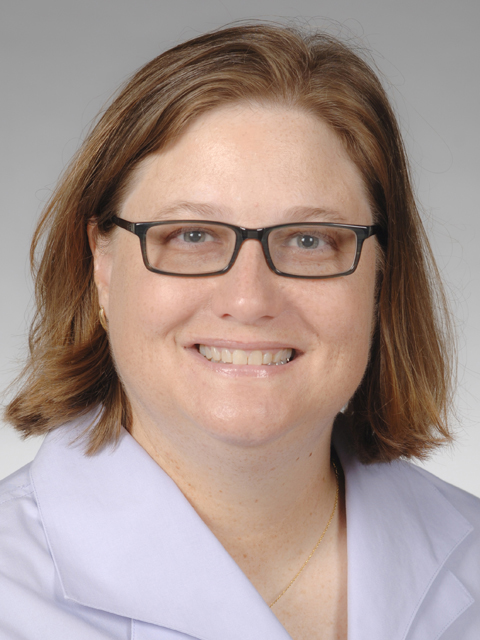Cory Armstrong, Ph.D.
Associate Professor of Journalism
College of Journalism and Communications
2011 Awardee
 Cory Armstrong’s overall research philosophy is that mass media serve an important role in the development of social norms and behaviors and are used as a tool for learning behavior.
Cory Armstrong’s overall research philosophy is that mass media serve an important role in the development of social norms and behaviors and are used as a tool for learning behavior. Therefore, content that appears within the media is absorbed and learned by consumers to form overall impressions and values. Her work allows for the examination of how that content is produced, particularly as it relates to the creation and reinforcement of gender stereotypes.
In particular, much of Armstrong’s research examines how gender representations in news content can be influenced at an individual, organizational, and community-level of analysis, along with an interest with how issues of content diversity influence media credibility. Her work has focused on refining the measurement of gender representations and attempts to use quantitative statistical methods to examine a topic that is generally studied through qualitative measures.
Much of Armstrong’s gender research is paired with an interest in community power, decision-making and the demographic makeup of community leadership. More specifically, she has employed gender representations in news content as a vehicle to examine how newspapers in communities with different power structures may portray women differently than men in news stories.
Armstrong’s work includes 25 peer-reviewed journal publications, along with five invited pieces. Several of these manuscripts have appeared in the top journals within the mass communication field, including Journalism & Mass Communication Quarterly, Journal of Communication, Health Communication and Mass Communication & Society. She has also written specialized articles for journals including Newspaper Research Journal, Electronic News, Journal of Computer-Mediated Communication and Atlantic Journal of Communication.
Armstrong’s current work has extended into how media content is employed by disadvantaged populations in the health communication field. She has been working to secure a federal grant in this area, making connections in both IFAS and Food and Resource Economics as a way to develop an interdisciplinary application on media use and childhood obesity patterns.

